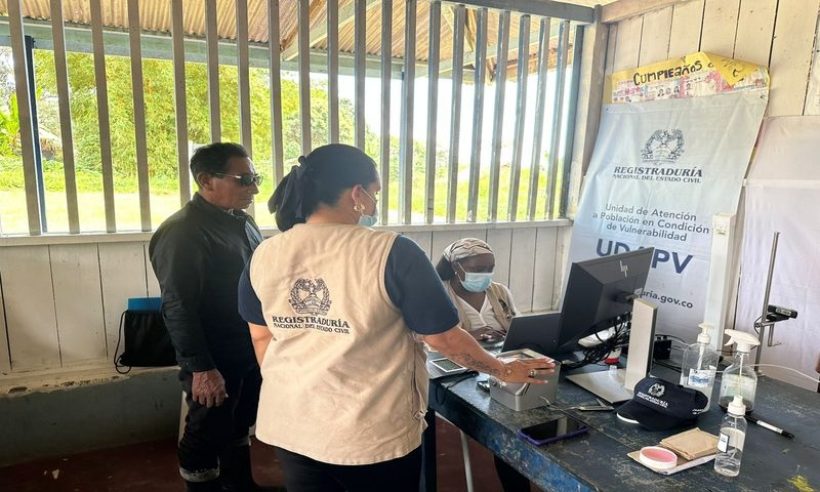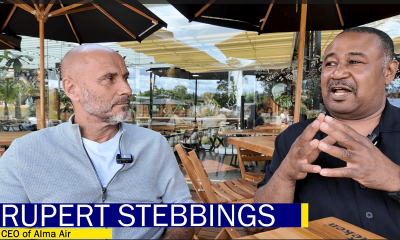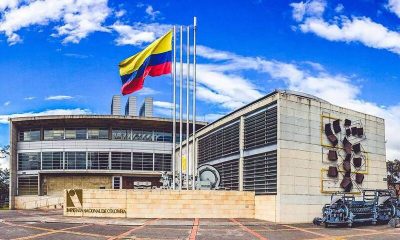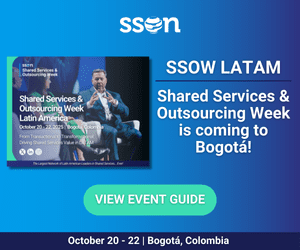Colombian Government Green Lights Citizen Initiative to Mandate English Language Education
Colombia’s Registraduría Nacional del Estado Civil issued Resolution 9479, formally approving a citizen-led initiative for a national referendum titled “Colombia Bilingüe Consulta Popular de Origen Ciudadano”. The proposed initiative seeks to establish English as a second official language of instruction in public schools, aiming to foster skills and enhance the country’s global competitiveness. This move marks a significant step in a long-standing national conversation about bilingualism and education in Colombia.
What is the “Colombia Bilingüe” Initiative?
The “Colombia Bilingüe” initiative proposes making English a second official language of instruction in public schools. The goal is to create a public policy that promotes measurable academic outcomes, equality, social inclusion, and job opportunities for young people. Proponents argue that making English mandatory in key subjects like science and mathematics will develop comprehensive language skills—speaking, reading, understanding, and writing. This initiative is seen as an “expression of substantive equality” and a way to connect Colombian talent with global demand, strengthening the country’s competitiveness and enabling international participation.
The citizen committee that submitted the proposal to the Registraduría is comprised of four individuals: Juan Carlos Portilla Jaimes (who is also the designated spokesperson), Juan Manuel Ramirez Perez, Mario Fernando Camargo Lara, and Ricardo Felipe Quintero Lopez.
Registraduría’s Response
The Registraduría Delegada en lo Electoral, acting on behalf of the Registraduría Nacional del Estado Civil, received the request for the popular consultation on July 21, 2025. After a review, the Registraduría determined that the proposal, titled “Colombia Bilingüe Consulta Popular de Origen Ciudadano,” fulfilled the necessary legal requirements outlined in Statutory Law 1757 of 2015.
The official resolution, Resolution 9479, makes the following declarations:
- The popular consultation initiative meets all legal requirements.
- The promoting committee members are officially registered: Juan Carlos Portilla Jaimes, Juan Manuel Ramirez Perez, Mario Fernando Camargo Lara, and Ricardo Felipe Quintero Lopez.
- Juan Carlos Portilla Jaimes is officially recognized as the spokesperson for the initiative. As the spokesperson, he is responsible for all administrative, financial, and campaign activities related to the initiative.
- The initiative has been assigned the unique identifier CPOC-2025-05-005.
Historical Context of Bilingualism in Colombia
The push for bilingualism in Colombia is not a new development. Various policies and plans have been implemented over the years, primarily focusing on English as a key to global competitiveness and economic integration.
General Law of Education (Law 115 of 1994): This law allowed schools to teach one foreign language.
National Bilingual Program (PNB, 2004-2019): This program, initiated by the Ministry of Education, sought to develop English proficiency to help citizens participate in a globalized world. According to the Common European Framework of Reference for Languages (CEFR), the goal was for high school graduates to achieve a B1 proficiency level and for teachers to reach a B2 level.
“Colombia Bilingüe” (2014-2022): A subsequent policy that aimed to strengthen the PNB by improving the educational system’s coverage and quality. It also sought to incorporate intercultural understanding into language programs and recognized Colombia as a multilingual and multicultural nation, acknowledging indigenous and Creole languages.
Despite these past efforts, many scholars have criticized the policies for their lack of continuity, overemphasis on English, and failure to adequately address challenges such as teacher proficiency, funding, and disregard for other languages spoken in the country.
What Happens Next?
With the Registraduría’s approval, the promoting committee, led by spokesperson Juan Carlos Portilla Jaimes, is now authorized to move forward with the next phase of the process: collecting signatures. According to Article 7 of Statutory Law 1757 of 2015, the committee must gather signatures to support the initiative. The Registraduría will determine the specific number of required signatures based on a percentage of the total number of votes cast in the last presidential election. The initiative’s success will depend on its ability to garner sufficient public support to advance to a national referendum.
Registraduría Approves Citizen Initiative for “Colombia Bilingüe” National Referendum
from
Loren Moss


























